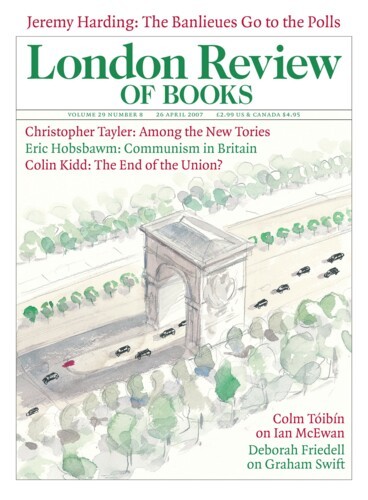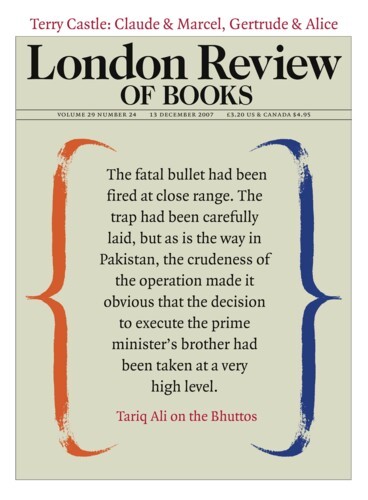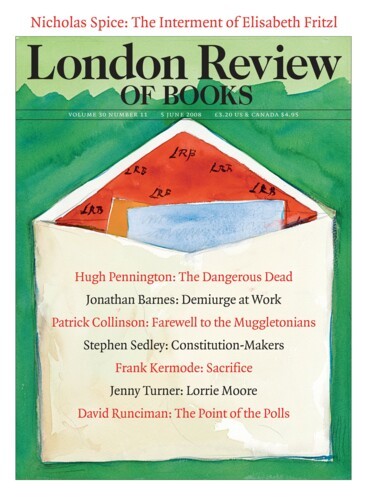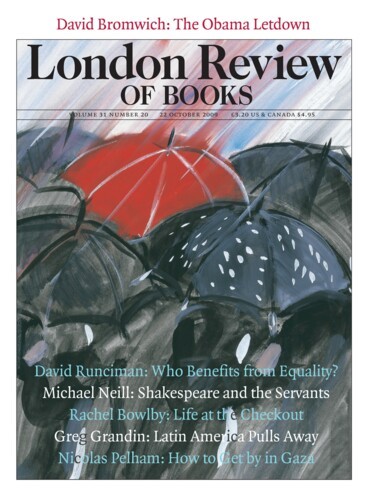On the Petaluma Road, in the former Gold Rush territory of Northern California, a man inherits a farm, marries a miner’s daughter called Lydia Mendez and adopts a four-year-old boy from a neighbouring farm, whose parents have been murdered by a farm hand. His wife dies giving birth to their daughter, Anna. He leaves the hospital with two girls: the second, Claire, is the daughter of another mother who has died in childbirth. He raises all three children as his own and now and then, Anna later remembers, embraces them ‘as any father would’. The boy, Coop, however, begins to move away in adolescence, restoring an old cabin nearby that belonged to his adoptive grandfather, and dreaming of the gold that might still be found in the riverbeds. He becomes ever more distant, and more fascinating, to Claire and Anna.
On the Petaluma Road, in the former Gold Rush territory of Northern California, a man inherits a farm, marries a miner’s daughter called Lydia Mendez and adopts a four-year-old boy from a...





